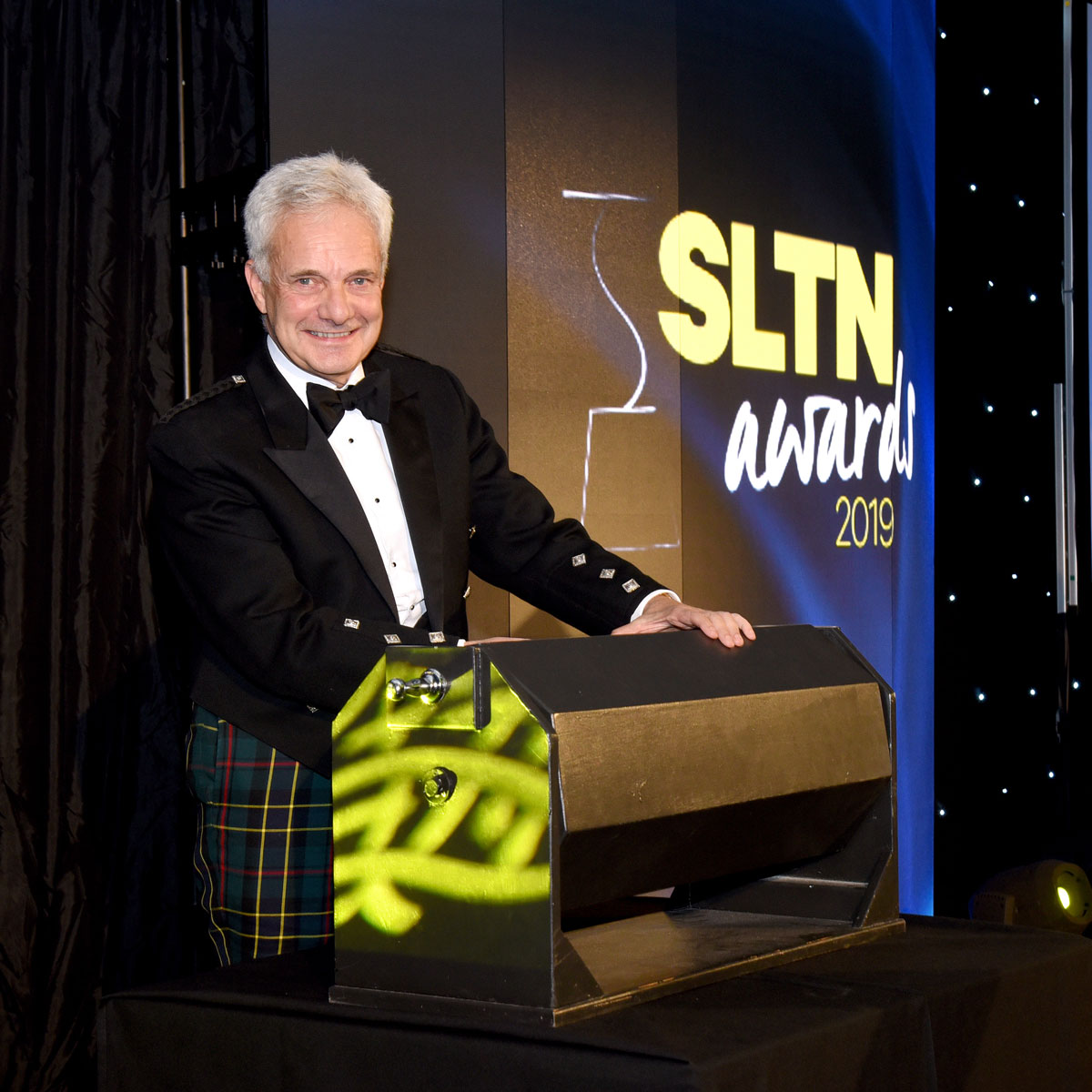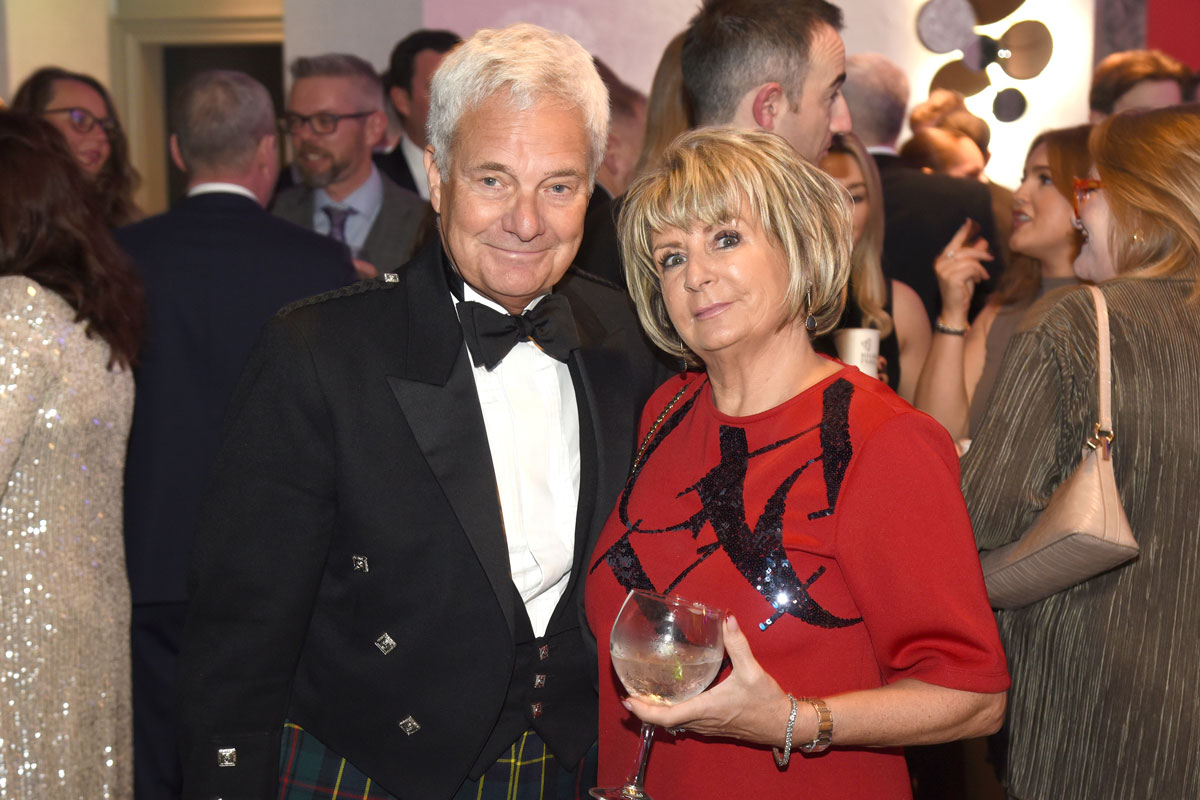
By Dave Hunter
FEW people in Scottish hospitality will have seen the kind of change that Paul Waterson has witnessed.
Having first worked in his family’s Paisley pub, the Market Bar, in 1969 Paul has been immersed in the licensed trade ever since, both as an operator and, via the Scottish Licensed Trade Association (SLTA), as a spokesman and lobbyist for the industry.
From then until now, Paul – who owns The Golden Lion Hotel in Stirling – has witnessed a sea change in Scotland’s pubs, bars and restaurants.
“The whole reason people went into pubs back then was to get drunk,” he told SLTN last month.
“And then it was up to us to control it. Good pubs were judged on the discipline within them. ‘He runs a good shop’. People ran their pub with an iron fist. No swearing. Take your hat off. And people judged the pub on that.
“You used to hear publicans talking and they’d say ‘how were you last night, Jimmy?’ And they’d go ‘aye, not bad, Sandy, we only had five fights last night. Sorted them all out’. ‘We weren’t as busy, we only had three’.
“The problem wasn’t getting people into your pub, it was controlling them or not letting them in.
“If I could have looked forward to today I would have said ‘look at the fantastic businesses. They’re based not solely on drink’.
“Mugs like me spent our whole lives trying to move away from that image.”
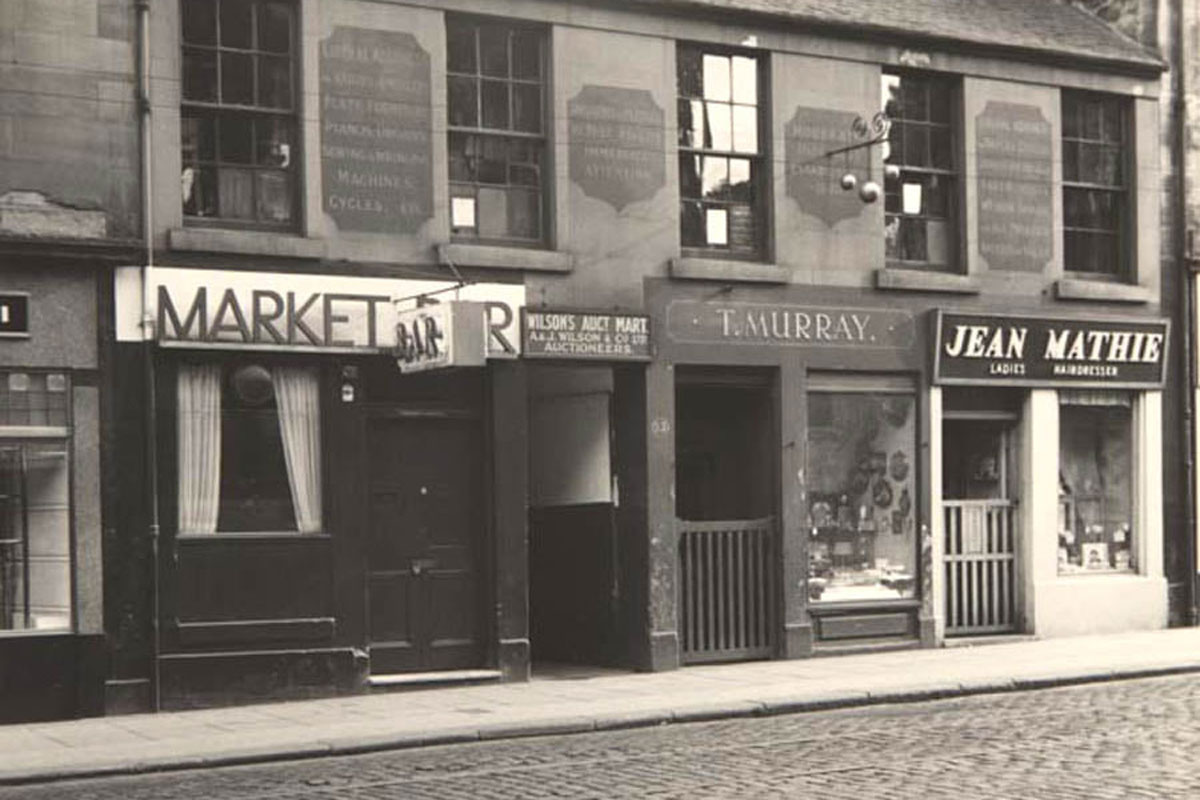
Whisky was the spirit of choice in the Market Bar in the early days of Paul’s career – and god forbid putting anything but water in it – but in one of the Waterson family’s other pubs, the Burns Howff in Glasgow, punters had slightly different tastes.
In the 1970s the pub was one of only three in the city licensed to host live music, and attracted a much younger customer base than many of the more traditional hostelries in the city.
In the Howff, customers opted for drinks such as lager and vodka.
Paul credits his father, John, with helping to diversify the pubs market in Glasgow. But that wouldn’t be the last time the family would innovate in the city.
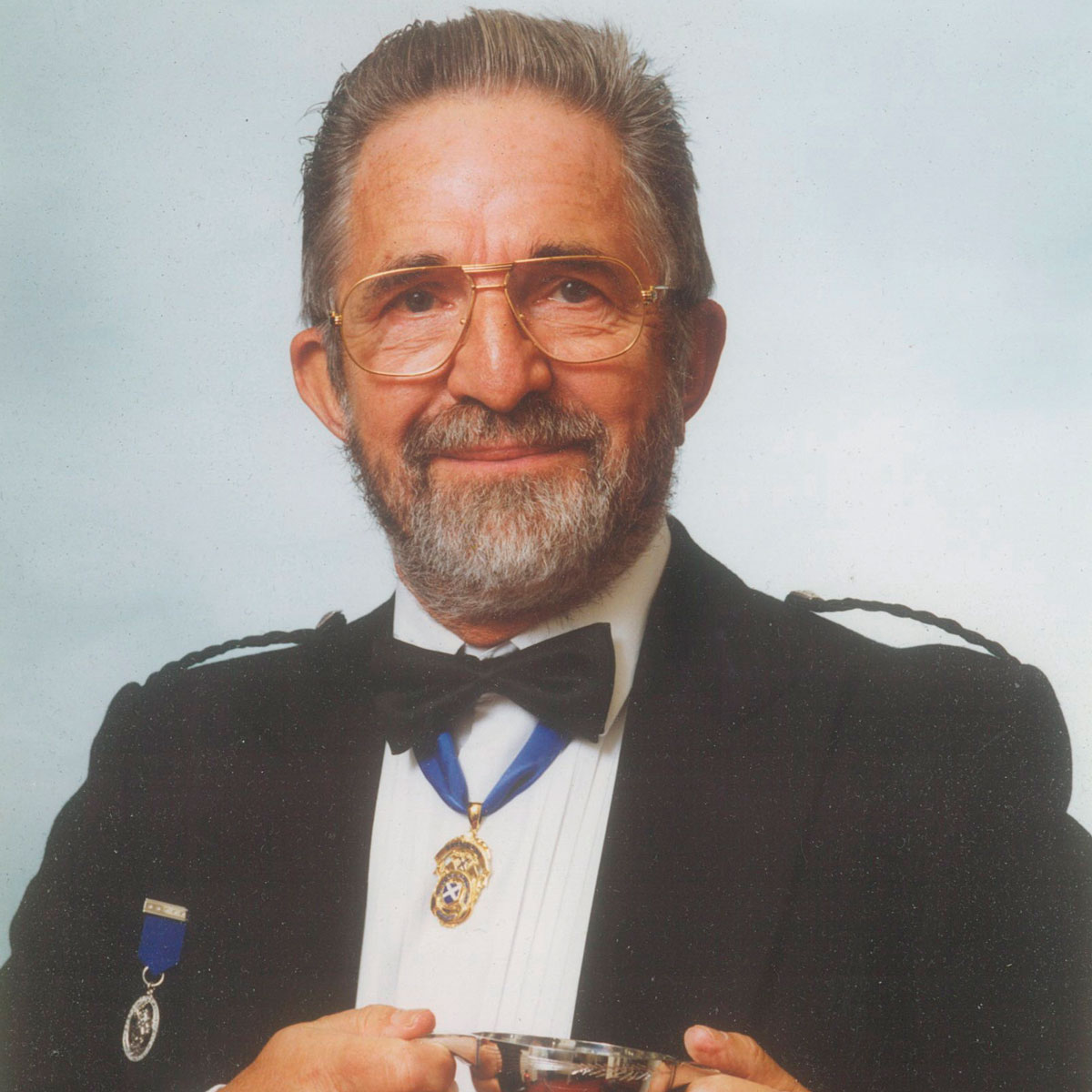
In the early 1980s they took the unprecedented – and quite controversial – decision to open a dedicated whisky pub in the city centre. It was a big step, and one the family’s contemporaries were deeply cynical of.
It’s strange to think now that the pub in question, The Pot Still on Hope Street (SLTN’s reigning Whisky Bar of the Year), was something Glasgow publicans didn’t think would work.
“When we did The Pot Still, say about 81/82, the big thing was ‘you’ll not sell (single malt)’,” said Paul. “It was too expensive for the companies to produce. And of course we went in with two feet and got hundreds of the bloody things and it took off right away.”
Although single malt was around in the early 1980s, it wasn’t the powerhouse it is today, with the market still largely focused on blended whisky.
However, working with suppliers including Gordon & MacPhail and Cadenhead’s, the Watersons were able to build a range of malt whiskies from across Scotland.
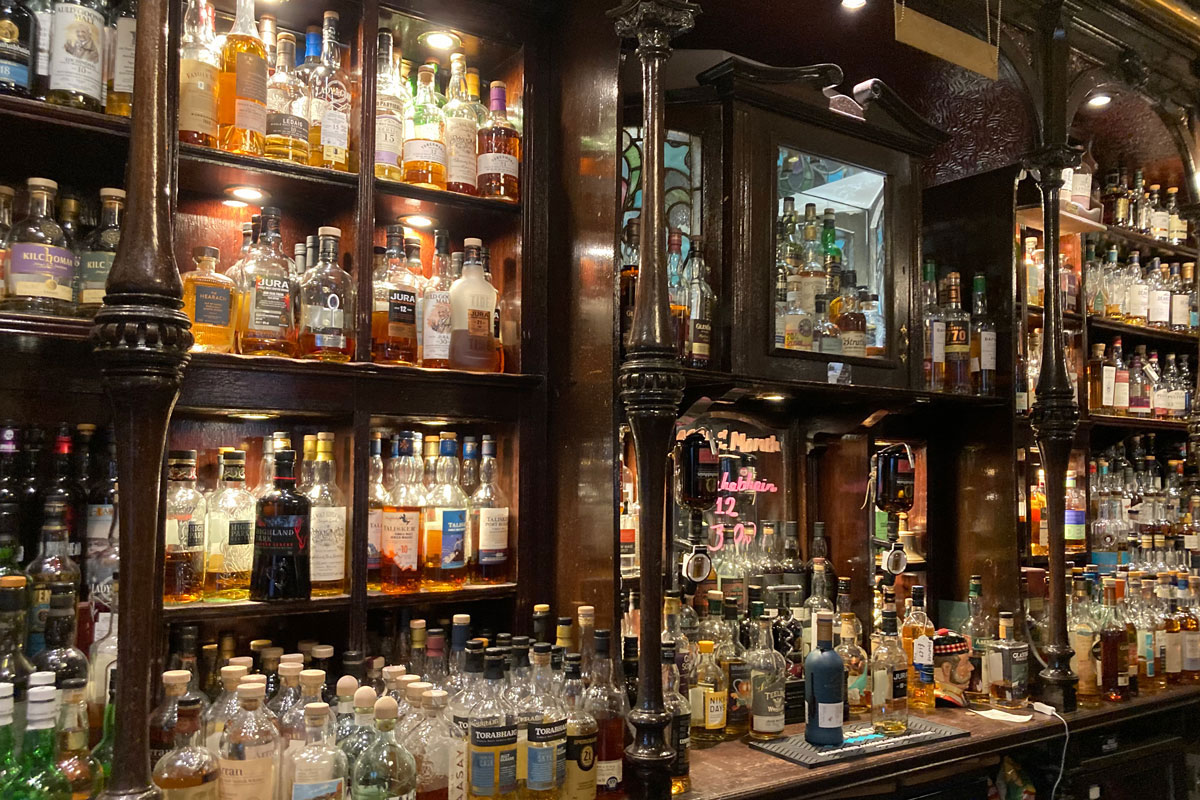
“It’s an amazing subject, malt whisky,” said Paul. “Gin is a wee bit different. I know there’s thousands of gins but there’s not that age thing with them, that heritage. The distilleries go back, and every distillery has a story to tell. Every single one of them. And it’s shrouded in the mists of time. It’s a fantastic selling point.
“I think it’s great that there’s all these whisky bars now. The only thing about owning whisky bars is you’ve got to know your subject. You’ve really got to know it. Your staff have got to be right up there with it.”
In those early days of The Pot Still customers would come into the pub with boxes of bottles they had picked up in various places, looking to sell them to the Watersons.
“I remember people coming in with boxes, asking if we’d like to buy anything,” Paul said. “I’d give them £15 for the lot.”
One memorable box contained a 1927 bottling of The Macallan. Even several decades after the fact, Paul is still sore that his father later sold the bottle to make space in the cellar.
The development in the whisky industry is far from the only change in the spirits sector Paul has witnessed during his time in the trade, of course.
In more recent years the boom in cocktails has seen hospitality come full circle.
“My old man was a cocktail barman,” explained Paul. “He was in the UK Bartenders’ Guild. I think through the 50s cocktails were big – obviously in the better places; if you had a cocktail bar it was a big deal. It was really big. And it sort of fell away, and then it came back for a while in the early 80s. And then it died again. And now it’s back with a vengeance.
“My father worked in the Whitehall restaurant on West Regent Street. He was the cocktail barman in there in the 50s.
“Cocktails were big, but only in that sort of upmarket place.
“In recent years it’s gone through the roof again, which is great. I’m really appreciative of how good these guys are. It’s brought us back to working behind the bar as a career.
“If you’re specialising, it’s great. Because in the late 40s and 50s you were a professional barman. We did away with that somewhere along the line.”
